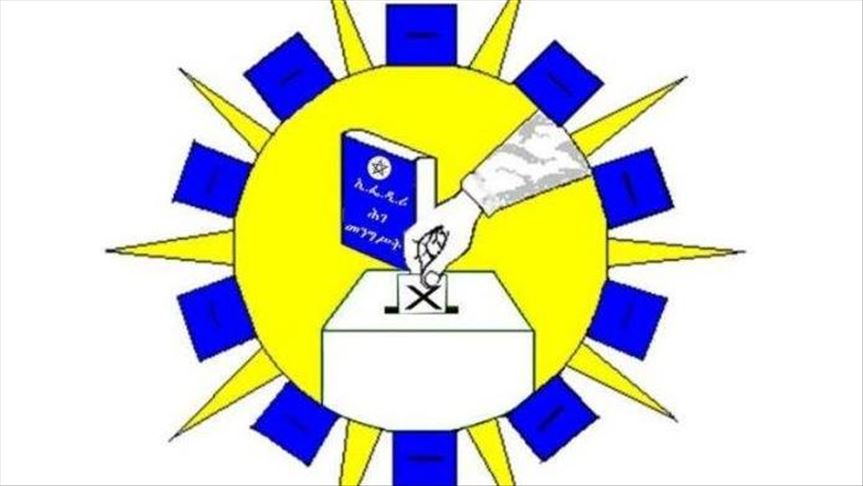By Justice Konse Kura

Elections are an integral part of a democratic society. Through elections, citizens exercise their right to participate in the affairs of the state and manifest their sovereign power.
The different global waves of democratization and the codification of human rights have solidified the concept of representative democracy, which entails an electoral system.
African countries have taken a step ahead by clearly stating that the only accepted change of government is through an election, thereby condemning and sanctioning unconstitutional change of government.
However, the reality in Africa is far from the norms. Even though the number of African leaders replaced by bullets had decreased, and those replaced by ballots increased, the fairness and freeness of elections remain a critical challenge in the continent.
Ethiopia is not an exception to this continental truth as it is struggling to build a democratic system with many setbacks than progress.

The essence and raison d’etre of elections in the international human rights system can be traced back to the Universal Declaration of Human Rights, which stipulates,
“The will of the people shall be the basis of the authority of government; this will shall be expressed in periodic and genuine elections which shall be by universal and equal suffrage and shall be held by secret vote or by equivalent free voting procedures.”
The national election in Ethiopia started in the final era of absolute monarchy. The first-ever parliament, which was bi-cameral, was established in 1931.
The 1955 revised constitution provided a national election to elect the Chamber of Deputies (lower house). The Emperor previously chose them.
In 1974 the Emperor was overthrown by a military coup d’état. From 1974 – 1991 the country was run by the Derg socialist military government that established a unicameral national parliament whose members were elected from a rank of followers of socialism.
In 1991, the military government was overthrown by the Ethiopian Peoples’ Revolutionary Democratic Front (EPRDF) through an armed struggle.
After a transition period, the Federal Democratic Republic of Ethiopia (FDRE) government was established under a Constitution.
To date, the EPRDF holds power in Ethiopia, five national elections were conducted in this period, including the latest 2015 election, and the ruling party has ‘won’ all five of them.

The major highlight of the country’s modern political history concerning elections is that no transfer of power has occurred due to elections.
Currently, Ethiopia follows the majority system of an election where a candidate who receives more votes than other Candidates within a Constituency becomes the winner.
The Constitution declares that a political party or a coalition of political parties with the most seats in the House of People’s Representatives shall form the executive and lead it.
The major types of elections conducted are general elections (election to the House of People’s Representatives conducted every five years), local election, by-election, re-election, and referendum.
The system of governance is parliamentary with a bicameral legislature; the House of People’s Representatives, which has 547 members, is elected directly by people nationally.
The House of Federation, which has 112 members, is elected by state councils. Both houses have five-year terms.

General elections were supposed to be held in Ethiopia on 29 August 2020 to elect officials to the House of Peoples’ Representatives. They were, however, delayed supposedly due to the COVID-19 pandemic.
Regional and municipal council elections were also planned to be held at the same time around the country.
In May 2021, the sitting House of Representatives voted to postpone the election until 2021.
In late December 2020, the National Election Board of Ethiopia (NEBE) stated that elections would occur on 5 June 2021.
The house later changed the date to 21 June 2021. It will be the first multi-party election in Ethiopia since 2005.

The Ethiopian People’s Revolutionary Democratic Front, along with three out of the four-member parties of the political coalition which had dominated Ethiopian politics since the overthrow of the Derg regime in 1991, namely Amhara Democratic Party (ADP), Oromo Democratic Party (ODP), and Southern Ethiopian People’s Democratic Movement (SEPDM), was dissolved on 1 December 2019.
The above merged most of its member parties into the PROSPERITY PARTY, which inherited the EPRDF’s role as the governing party.
The last leader of the EPRDF, Prime Minister Abiy Ahmed, became the first leader of the new party.
-Justice Kura is an Advocate of the High Court of Kenya. Currently, the County Solicitor General, Marsabit County. He is also the Secretary-General Burji Professionals Association (BPA) ®
